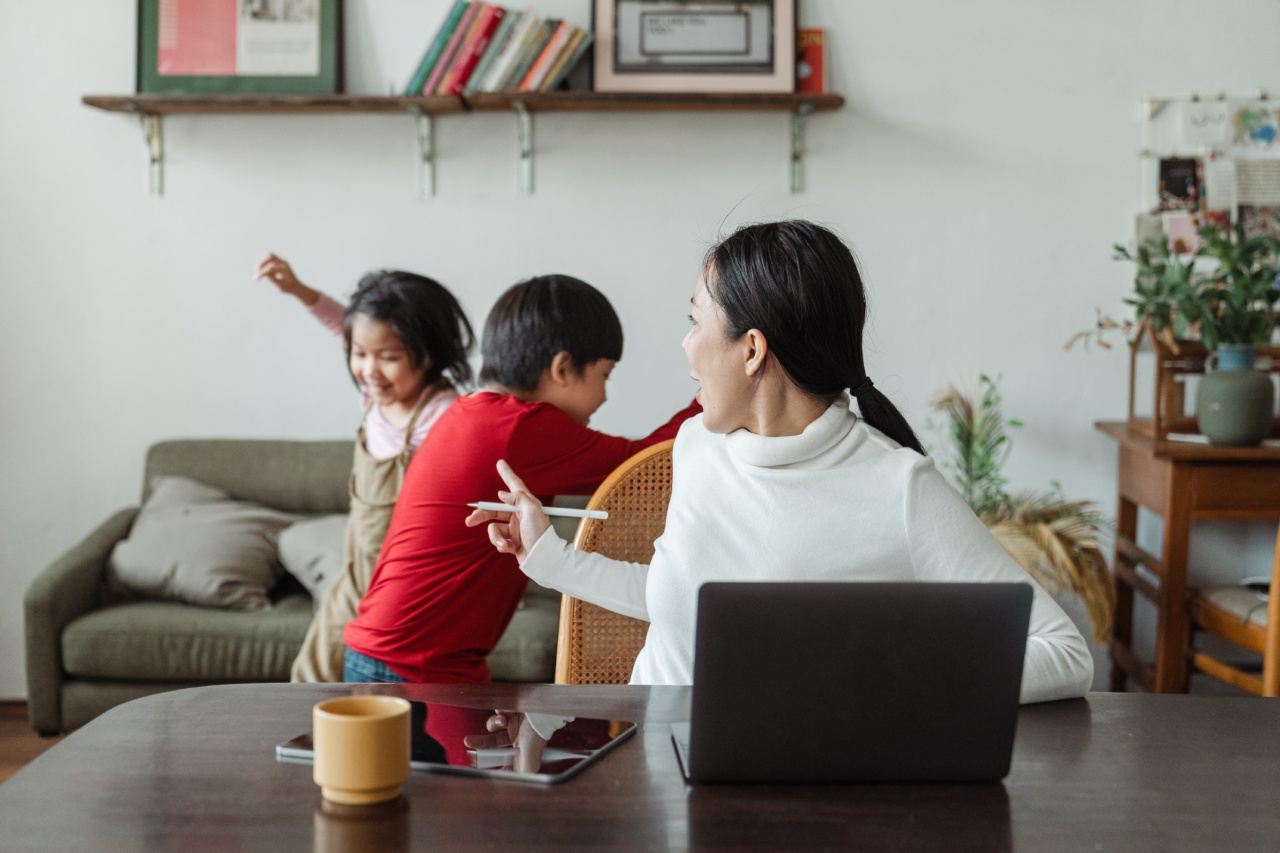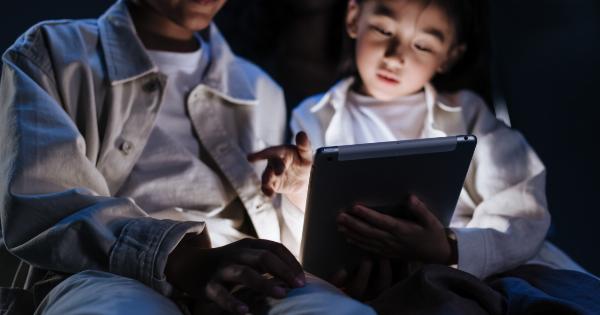Internet is a vital part of modern-day society, and with the increasing use of technology, children are exposed to numerous online activities.
While the internet can provide opportunities for learning and entertainment, it also poses several risks for young users. The safety of children online has been a concern for parents, educators, and policymakers. Alexandra Kappatou, an expert in cybersecurity and child safety, provides insights into how parents and guardians can keep their children safe online.
Understanding the Risks
According to Kappatou, the first step in keeping children safe online is understanding the potential risks. Some of the risks children face include cyberbullying, online grooming, exposure to inappropriate content, and identity theft.
Cyberbullying can occur through social media, messaging apps, or gaming platforms. Online grooming refers to the act of adults befriending children with the intention of sexually exploiting them. Exposure to inappropriate content can range from violent or sexual content to hate speech and propaganda.
Identity theft involves someone using a child’s personal information to commit fraud.
Age-appropriate Guidance
Children should be taught about internet safety from an early age. Kappatou recommends that parents provide age-appropriate guidance to their children.
Younger children need to learn to use the internet safely and appropriately, while older children might need to learn more about privacy settings and the risks that come with sharing personal information online. Teenagers, in particular, should also be taught about the consequences of cyberbullying and sexting as these can have long-lasting effects.
Limit Screen Time
Limiting the amount of time children spend online is crucial in keeping them safe. Kappatou suggests that parents set specific rules for screen time and stick to them.
Parents can use various tools available to control access to the internet, such as parental controls, tracking software, and filters. It is also essential to keep computers and other devices in common areas of the house where they can be easily monitored.
Encourage Open Communication
Parents should create an environment where children feel comfortable discussing their online activities. Kappatou recommends that parents encourage open communication and discuss the dangers of the internet with their children.
Parents should also be available to listen to their children’s problems and help them find solutions. If parents believe that their child has experienced something inappropriate or illegal online, they should report it to the relevant authorities immediately.
Use Safe Sites and Apps
Children should be encouraged to use safe websites and apps while online. Kappatou suggests that parents introduce their children to safe search engines and age-appropriate websites.
Parents should also review the apps their children use and ensure that they are suitable for their age group. Apps that allow anonymous messaging, such as anonymous chat rooms, should be avoided.
Be a Good Role Model
Parents and guardians should lead by example and practice safe internet usage themselves. Kappatou recommends that parents show their children how to use the internet responsibly and what can be shared online.
Parents should also monitor their own online activity and avoid oversharing personal information and photos. Children learn by example, and by being a good role model, parents can educate their children about safe online behavior.
Teach Privacy Settings
Most social media and gaming platforms offer privacy settings that can be used to control who sees personal information and posts. Kappatou suggests that parents teach their children how to use these settings.
Children should be taught to keep their profiles private and to only accept friend requests from people they know in real life. Parents should also teach their children to avoid sharing personal information online, such as their address or phone number.
Supervise Online Activity
Parents should supervise their children’s online activity whenever possible. Kappatou recommends that parents sit with their children while they are online and monitor the sites they visit and the people they interact with.
Parents should also regularly check the browsing history on their child’s device. Additionally, parents should ensure that their child’s accounts are set up in their name and that they have the passwords to access these accounts if necessary.
Conclusion
Keeping children safe online is a shared responsibility between parents, educators, policymakers, and the children themselves.
Alexandra Kappatou emphasizes the importance of providing age-appropriate guidance, limiting screen time, encouraging open communication, using safe sites and apps, being a good role model, teaching privacy settings, and supervising online activity. By adopting these measures, parents can help their children stay safe in the digital world.





























